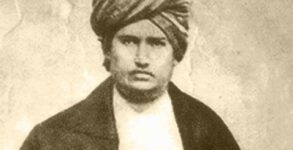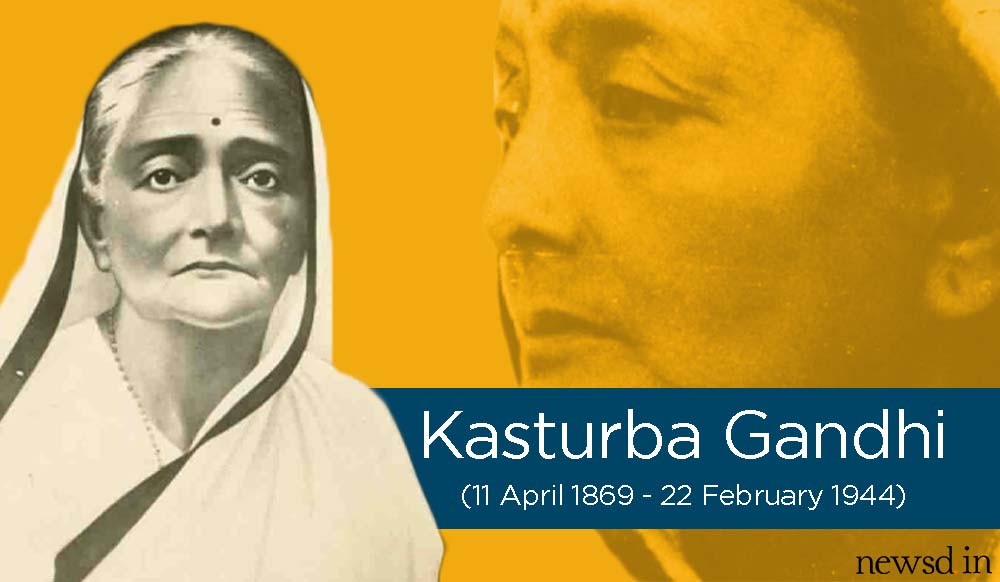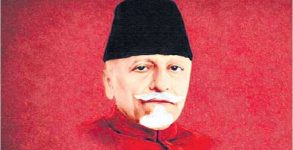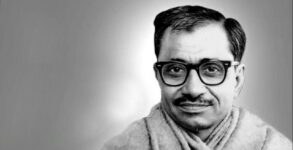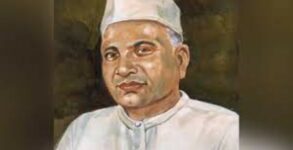Meet the dynamic and young Manu S Pillai, who is a sought-after author riding high on the success of his first book, The Ivory Throne, a historic account of Travancore that has been winning hearts and awards, travelling across the globe while also handling an active political office.
Here’s an exclusive tete-a-tete:
1) When did you decide to be a writer?
There was no “moment” as such, but it was thanks to my sister, Indrani, that I started writing. I was a very restless child, putting myself in all sorts of strange situations. My sister, on the other hand, had heaps of common sense and intelligence. At some point– probably out of irritation with me– she pushed a book into my hands, and I stopped running around aimlessly and actually sat down and started reading. And soon, I found I was interested in writing. It began with monstrous essays and poems (I remember upsetting a classmate with a poem that compared her to a flying cow), and gradually evolved into more dignified work.
My book, The Ivory Throne, which I began in 2009 took 6 years to finish, and once that project began, all other writing was suspended for that duration. In fact, it is now ten years since I wrote any fiction at all!
2) Give us a little information about your family background. Were they okay with your decision to take up writing?
My mother’s father was a great reader of books and my parents too encouraged us to read, even though they themselves haven’t cultivated the habit. As children, my sister and I weren’t allowed to watch cable TV. Instead, every week, a movie or 1960s series from the British Council Library in Poona would be brought home. These were normally adaptations of books—Sense and Sensibility, Pride and Prejudice, etc.—and after the movie, we’d inevitably find a copy of the original books and read. I have a good memory of my parents being very impressed with something I wrote about Charles Dickens’s David Copperfield when I was eleven or twelve—I, at any rate, was very pleased with myself for having finished a book of that magisterial size! Parents have always been encouraging (as well as critical when necessary) of my writing, and there’s both balance and distance in the way they look at it.
3) Your first book, The Ivory Throne, has been well received with copies running out of print and it has also won the prestigious Tata Award in the non-fiction category. What is your tip to first-time writers?
It’s in sixth print now, after a little over a year, and yes the prize as well as other nominations are all very reassuring, as well as the generous reviews. I wouldn’t presume to offer tips to anybody, but there’s too much of repetitive, imitative, lazy writing—it’s better to wait and work hard on something original than to repeat a formula. But this is more a general observation than advice for anybody.
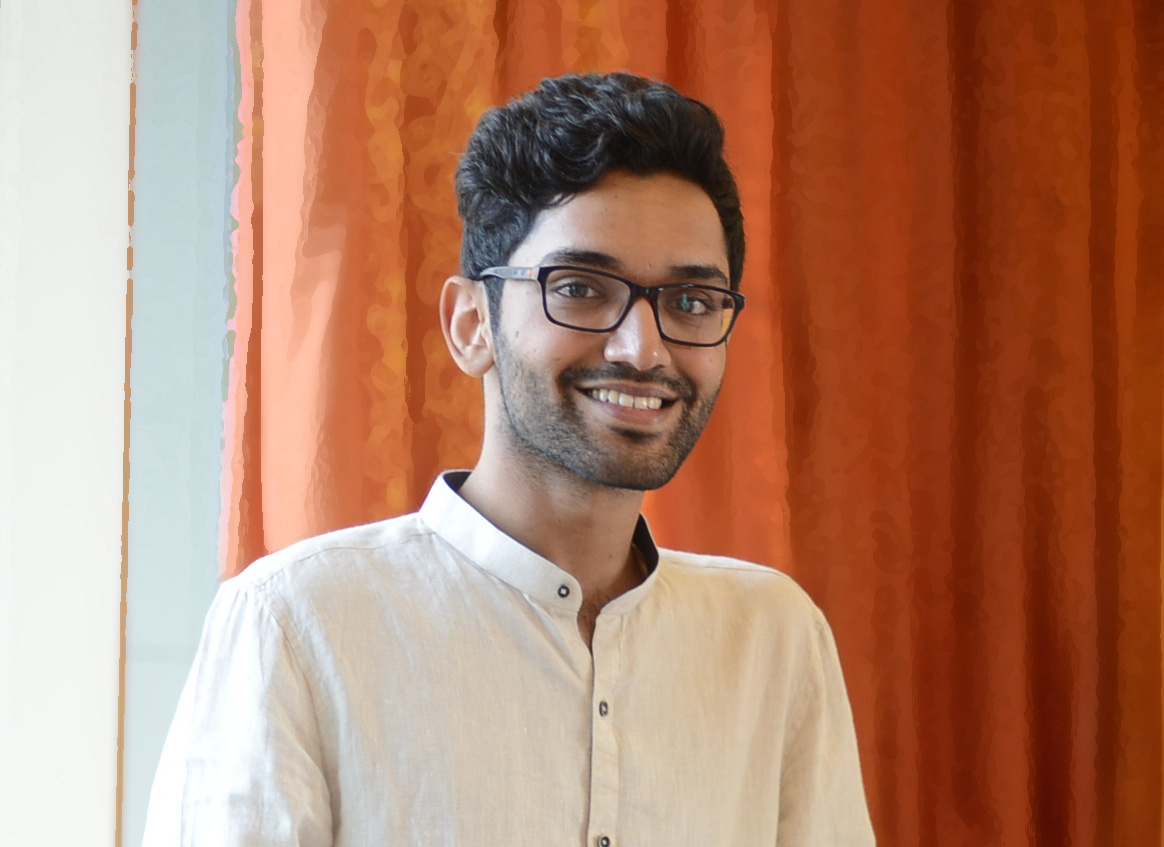
4) You’ve always worked full-time with politicians be it in the House of Lords or with Dr Shashi Tharoor, how do you manage your writing calendar?
By sacrificing sleep! I’m eternally sleep deprived because that’s the only way I can do both these things. It may sound like I’m complaining, but I quite enjoy balancing both sides of my life. That said, when I start working on a new book, I’m probably going to suspend other professional commitments. I don’t intend to spend another six years working and writing simultaneously if I can get the writing done full time in two!
5) What do you make of the growing trend of literary festivals in India?
It is most encouraging. There are more and more books coming out of India, many of them very good, and every platform is welcome. It is equally promising that many of these festivals take place not in great metros but in smaller towns and cities, which makes the whole experience even more interesting. The Kerala Literature Festival in Kozhikode in February, for instance, was remarkably good. There were huge and very discerning crowds, some of whom had travelled from far away to be there and to engage with speakers from across the country. I met a nurse who came all the way from Chennai just for the festival, for instance.
6) All of 27, you are obviously an over-achiever. How do you unwind?
That is an overstatement. I don’t unwind as much as I’d like to. And if I have an opportunity to unwind, halfway through I’ll find myself restless to get back to work. It’s a character defect!


